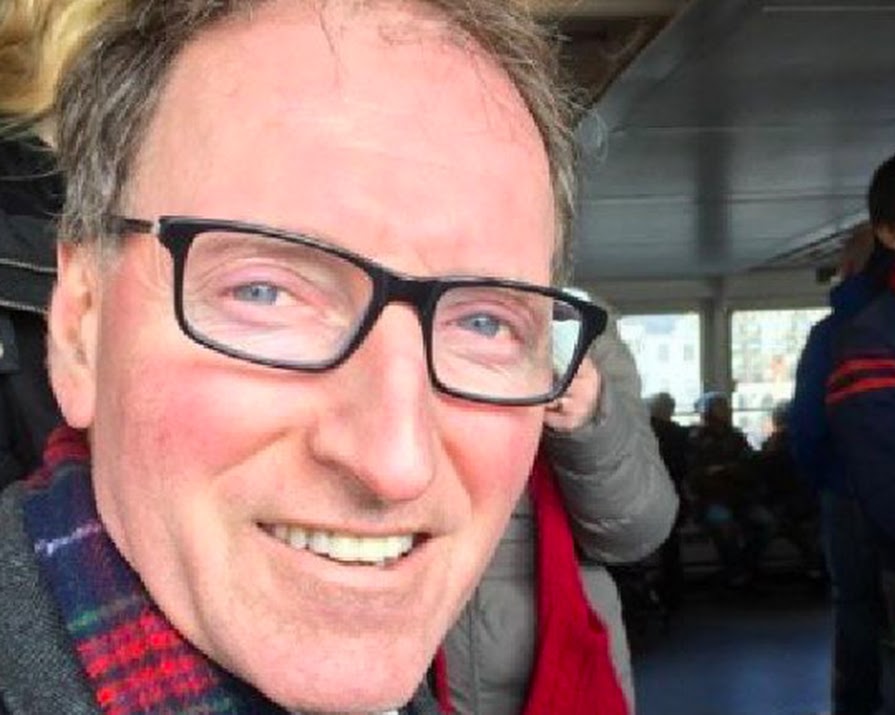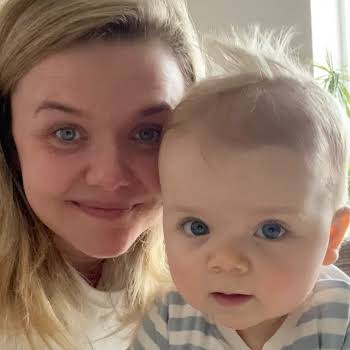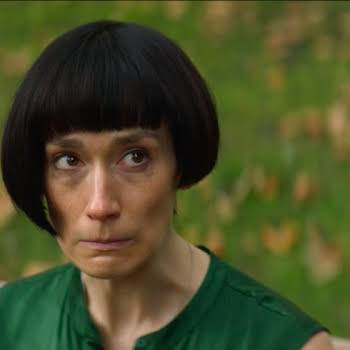
‘I will end my life in two days time … my overriding emotion is one of relief’
Richard Selley ended his life in Dignitas in Switzerland two years ago, after battling motor neurone disease for four years. His his wife Elaine Selley said his death was “dignified and calm”.
Sixty-five-year-old Richard, a former headteacher, wrote a book about his life with his progressive and terminal illness. MDN affects the function of nerves and muscles. Death Sits on My Shoulders also touches on the laws about assisted dying in his country, Scotland, which Richard describes as “cruel, outdated and discriminatory”. The proceeds from his book have been donated to MND Scotland.
Related: Peace at last
Richard can no longer swallow, so taking any medication to end his life will have to be via his feeding tube and at his own hand. He also has to make sure that he is sound of mind and acting of his own free will.
He currently type-talks to communicate and says the process to end his life will cost them about £10,000.
In his popular blog, Moments with MND, Richard this week wrote about his ongoing frustration that the laws in his jurisdiction mean that he has to die far from home. He describes himself as is a prisoner in his own body.
Surreal
“I am incredibly grateful to Dignitas for giving me the opportunity to end my life in a peaceful and painless way. That gratitude, however, is matched by the depth of my frustration that such a choice is denied me in my own country. Our elected representatives at Holyrood have the power to change the laws on this matter in Scotland.
“As I have said my goodbyes to family and friends, or read their farewell messages, I have felt profoundly sad.”
The right to die for those in my situation is one of the last great human rights issues to be tackled. Yes, of course, the vulnerable must be protected, but that is precisely what our politicians are there for”.
Still at home in Perthshire, the right-to-die campaigner admits that he has ‘shed some tears’ once he made his final decision. ‘Throughout this month, I have known that I will die on September 6. That has been a surreal experience, not dissimilar, perhaps, to that faced by someone waiting in a condemned cell.
I will end my life in a few days’ time, and I have to admit, those moments have rarely been out of my mind recently, I have shed some tears, but my overriding emotion has been one of relief”.

As I have said my goodbyes to family and friends, or read their farewell messages, I have felt profoundly sad, but feelings such as anger and despair left me long ago. (My wife) Elaine will be at my side in Switzerland, and although parting from each other will be unbearable, she knows that I cannot battle with this awful disease any longer.”
Speaking to the BBC, his wife, a former warden of Glenalmond College said watching someone you die from a disease such as this is torturous. “I’ve spent the last few months of Richard’s life watching him die very slowly before my eyes but, as well as that, I am watching him go through this process which is incredibly stressful.
I would much rather be with friends and family here when it’s his time than in a foreign country that’s a transactional business arrangement and it’s not with the people that I love.”
The fight to die with dignity
She also believes it should be a “human right” for individuals to end their life at a time of their choosing and that the idea that it might open the floodgates to suicide is silly. “If patients were able to end their own lives in this country strict rules could be brought in, similar to those in Switzerland, where two doctors have to certify the patient is of sound mind.
It’s only a small proportion of people that would ever take this route in the last months of their lives. Assisted dying is not suicide – it’s for people who are already dying”.
Richard first suspected he had Motor Neurone Disease after watching the movie, The Theory Of Everything about the life of Professor Stephen Hawking. It is a rare condition which weakens the muscles caused by problems with the cells in the brain. Symptoms include weakness in your ankle or leg, having difficulty walking upstairs; slurred speech, finding it hard to swallow, and a weak grip.
Just three months after watching the movie, Richard was diagnosed with the terminal illness.
“I think if those who oppose assisted dying could spend just one day in my shoes, they would change their view.”
He describes in his blog how he battled to accept that he was dying. “Four years ago, Moira, a psychologist from the neurology department at Dundee, helped me develop a mental toolbox to alleviate the torment that can come with a terminal diagnosis. For me, the most useful tool was that of mindfulness.
Faced with a short life expectancy, dwelling on happier times that can never return, or the bleakness that the future holds, can be equally painful, so training the mind to stay in the present is very helpful” he explained.
Unbearable
“This month, though, mindfulness has gone out of the window as my mind has darted back and forward, with little control. The recent past has, of course, been heavily overshadowed by MND, and despite my attempts to remain positive, it has been increasingly hard to bear”.
Throughout his campaign to change the laws in his country, Mr Selley has always implored politicians to find a wider perspective on this issue. “I think if those who oppose assisted dying could spend just one day in my shoes, they would change their view.”
He says that the last few days have been hard for everyone. “Suddenly, this doesn’t seem far away, and although my resolve remains strong, it has brought into sharp focus the fact that many things are happening for the final time. One such occasion was our wedding anniversary in the middle of the month.
“I have asked my daughter to pop me in her handbag when she next flies back to Scotland.”
As Elaine and I sat at our kitchen table, and I struggled to open her lovely card, we exchanged smiles, but within seconds we were both in tears. Eight short years ago, we never thought it would end like this”.
Relief
Selley, along with his wife, brother and his five children will now travel to Zurich and spend the next 48 hours enjoying their time together before he takes the medication that will stop his heart. He even allows himself a glimpse of humour about the situation.
“Although the emails I get are from my ‘contact person’ and I have no idea if it is a man or woman, they are always friendly, even when the subject concerns such things as the timing of my cremation. On that matter, I was quoted a price in excess of a thousand pounds to have my ashes sent back by courier. I thought that was a little steep, so I have asked my daughter to pop me in her handbag when she next flies back to Scotland.”
Complicated, controversial and mostly just incredibly sad, the writer now faces a situation where, although knowing his family is devastated, he feels he really has no choice. This impossible situation could have been made much easier.
Richard ends his final blog post with a simple and profoundly heartbreaking sentence; “I am exhausted by it, and it is time to go. Thank you for joining me on my journey”.
This article was first published in September 2019.
Feature image via The Scotsman
Read more: The complicated death of a little girl who didn’t want to grow up
Read more: Why this 29-year-old woman is choosing to die
Read more: The fight to die with dignity























